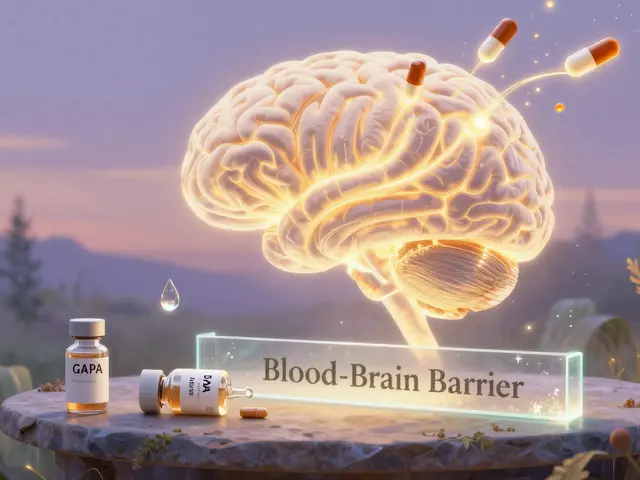Treatment Planning: How to Choose the Right Medication Strategy for Your Condition
When you're dealing with a chronic illness or an acute condition, treatment planning, a structured approach to selecting and adjusting medications based on individual health needs. Also known as therapy planning, it's not just about picking a drug—it's about matching the right tool to your body, lifestyle, and goals. Too many people start a medication without asking if it’s the best fit. That’s where good treatment planning changes everything. It looks at your full picture: what other drugs you’re taking, your age, your kidney or liver function, even your budget and how often you can remember to take pills.
Good treatment planning doesn’t ignore side effects—it plans for them. If you’re on Amoxicillin, a common antibiotic used for bacterial infections, your doctor might compare it to Augmentin, a stronger antibiotic that includes a beta-lactamase inhibitor to fight resistant bacteria because your infection isn’t clearing up. Or if you have type 2 diabetes, they might weigh Forxiga, an SGLT2 inhibitor that helps kidneys remove excess sugar against older options like Glucovance, not just for blood sugar control, but for heart and kidney protection too. This isn’t guesswork. It’s evidence-based decision-making built around your life.
It’s also about knowing when to switch. Maybe your anxiety meds aren’t working, and your doctor considers Imipramine, a tricyclic antidepressant with proven effects on anxiety after SSRIs failed. Or perhaps you’re managing Parkinson’s and need to adjust Carbidopa-Levodopa, the gold standard for motor symptoms as your disease progresses. Treatment planning means staying ahead, not reacting. It’s why some people stay on the same drug for years while others try three in six months—it depends on what your body responds to, not what’s trending.
And it’s not just pills. Treatment planning includes diet, lifestyle, and even mental health. Managing overactive bladder? What you eat matters. Controlling diabetes? Stress reduction through meditation can lower HbA1c. Treating alcohol use disorder? It’s not just about Disulfiram or Naltrexone—it’s about support systems and daily routines. The best treatment plans don’t just treat symptoms; they rebuild habits.
Below, you’ll find real comparisons between medications—side by side, no marketing spin. We’ve pulled together guides on antibiotics, diabetes drugs, Parkinson’s therapy, depression meds, and more. Each one answers the same question: Which option makes sense for you, right now? No theory. No fluff. Just what works, what doesn’t, and why.

Radiation Therapy for Multiple Myeloma: Patient’s Complete Guide
A clear, patient‑focused guide that explains when, how, and why radiation therapy is used in multiple myeloma, covering side effects, dosing, and integration with other treatments.
Read More




